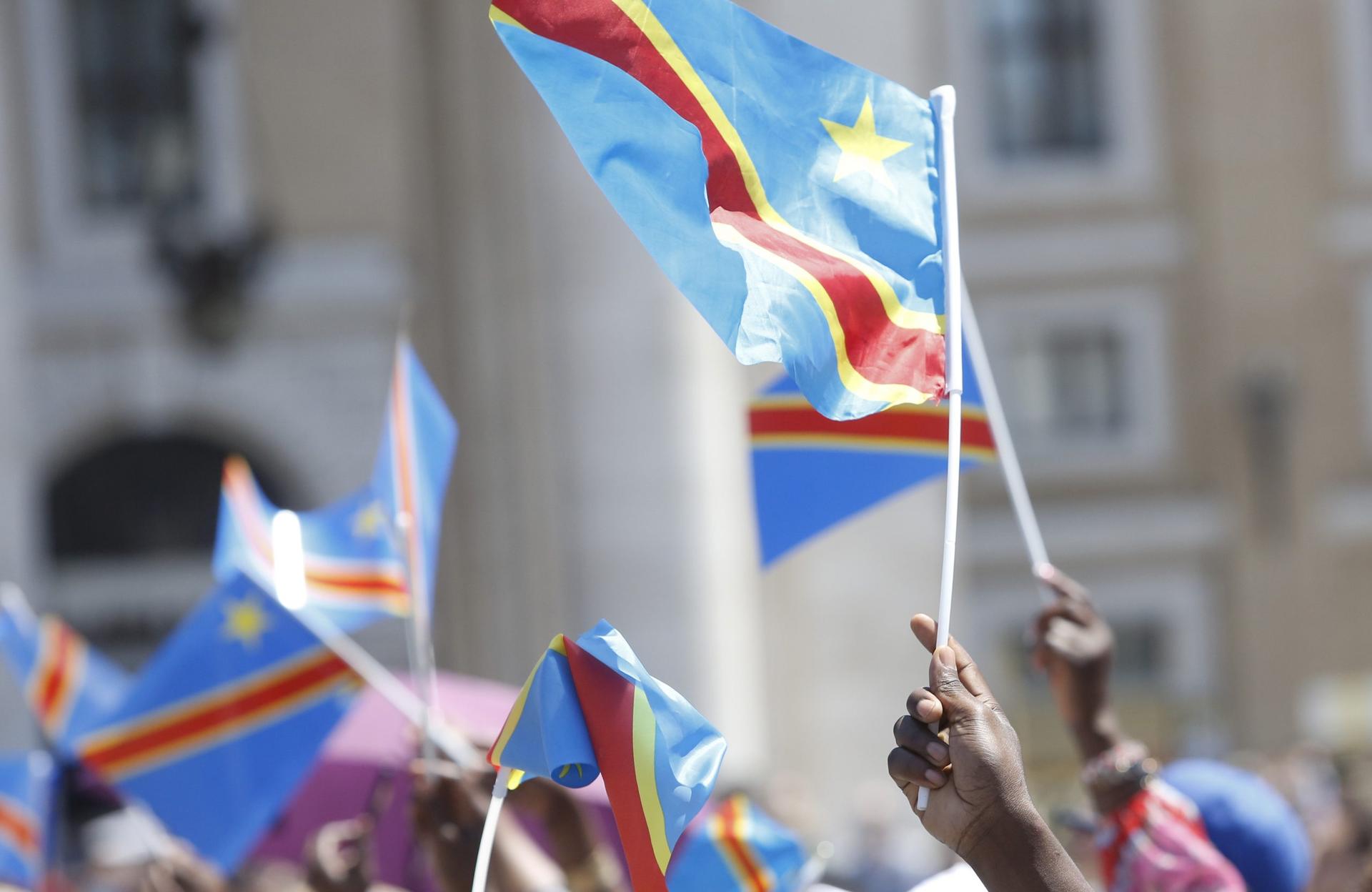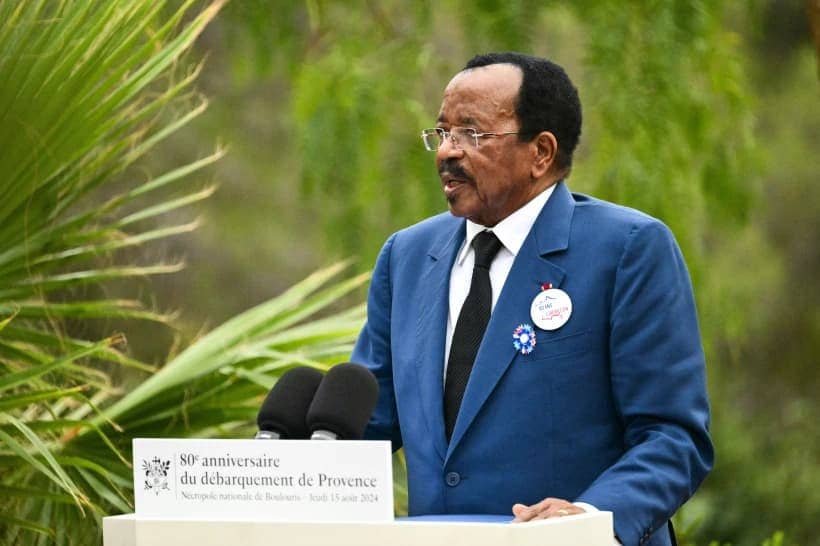YAOUNDÉ, Cameroon – A new bill to reform the judiciary in the Democratic Republic of the Congo could violate the country’s 2006 constitution, according the country’s bishops.
The bill comes from the majority party in parliament – The Common Front for Congo, which is aligned with former President Joseph Kabila – and would increases the powers of the justice ministry by establishing a conference of prosecutors chaired by the Minister of Justice.
The draft law also gives the Justice Minister the right to sanction “errant” prosecutors – although leaving “errant” undefined — as well as influence the appointment of the magistrates of the Constitutional Court.
The bishops have warned that these reforms are a threat to the independence of the judiciary in the country.
“A parliamentary majority, however legal it may be, loses its legitimacy when it is disconnected from the interests and well-being of the people. It is unacceptable that laws are tailored to the ambitions of political leaders. The proposed laws, under consideration in the National Assembly, will undermine the independence of the judiciary,” explained Father Donatien Nshole, secretary general of the National Episcopal Conference of Congo.
RELATED: Congo’s new Ebola outbreak adds strain as agencies respond to COVID-19
The priest added that “the law of the majority isn’t necessarily synonymous to truth or reason, nor is it a guarantee for social cohesion.”
Among those opposing the law are members of the Union for Democracy and Social Progress, the party of President Félix Tshisekedi.
Members of the party held protests against the law that turned violent, with the cars of several legislators being destroyed.
Tshisekedi beat the Kabila’s handpicked successor, but a third candidate, Martin Fayulu, claimed he actually won the vote.
The election was the first peaceful exchange of power in the country’s 40-year history, which has the bishops worried about any threat to the Congo’s fragile democracy.
RELATED: As Congo turns 60, cardinal says the country has failed
“Forcing through this legislation risks plunging the country into chaos,” the bishops’ statement said.
The Africa Faith and Justice Network – which works for U.S.- Africa relations based on Catholic social teaching – has also raised concerns about the bill and its possible effect on the balance of power in one of Africa’s largest countries.
In a June 26 statement, the network said the judiciary reform bill “is attempting to undermine the judiciary’s autonomy.”
“If passed, the judiciary will be answerable to the Minister of Justice, a politically appointed position of the executive branch,” the statement said, adding it risks “changing the essential structure of the Republic.”
“Constitutional revisions are illegal during a state of urgency, like the current COVID-19 pandemic. Many Congolese assert that if this bill passes, it would halt the progress made by the Judiciary and supported by DRC President Felix Tshisekedi with tackling corruption,” the network said in a statement.
Ntama Bahati, a policy analyst for the network and Congolese citizen, pointed to the “good work” judges in the country have done “to bring those who were above the law to justice.”
Last month, a Congolese court sentenced the president’s chief of staff, Vital Kamerhe, to 20 years for corruption and embezzlement of more than $50 million.
RELATED: Congo bishop – and president’s uncle – first African prelate to die of COVID-19
“While recent cases have returned millions of dollars to the DRC national treasury, if the judiciary loses its autonomy it will no longer be able to prosecute corrupt officials and the DRC will be unable to recover billions more dollars of stolen funds,” he said.
He said it was “essential for the DRC judiciary to remain autonomous so that it can do its job without interference from other branches of government.”
“Any weakening of the judiciary, anything contrary to the DRC Constitution, is a weakening of the DRC as a whole. Justice is not for a few – it is for All Congolese,” Bahati said.
“The DRC is in a state of emergency due to the COVID-19 pandemic. It is unthinkable that representatives are legislating to enable corruption and further embezzle public funds and COVID-19 aid monies, instead of preparing for post-pandemic recovery,” he said.















